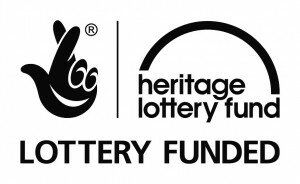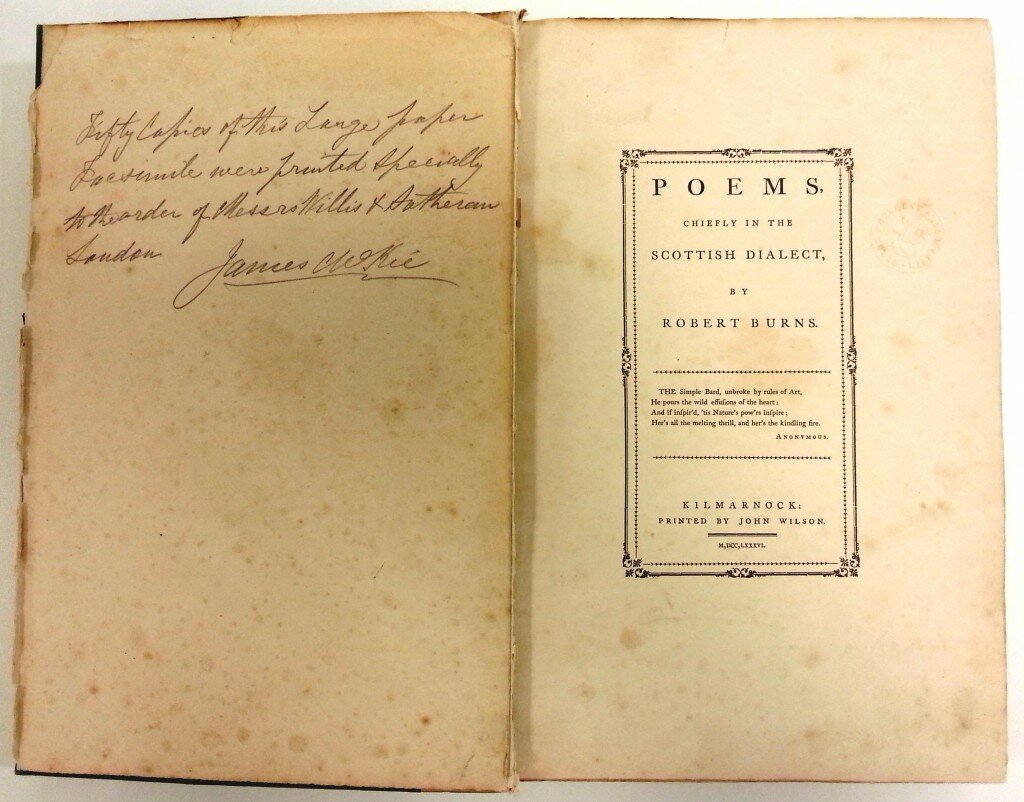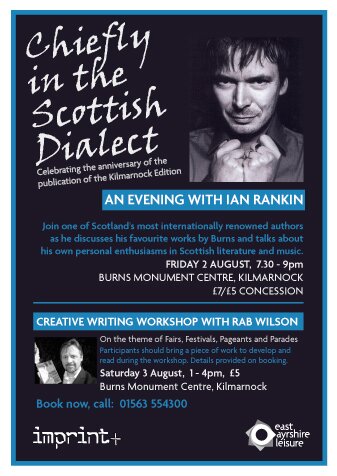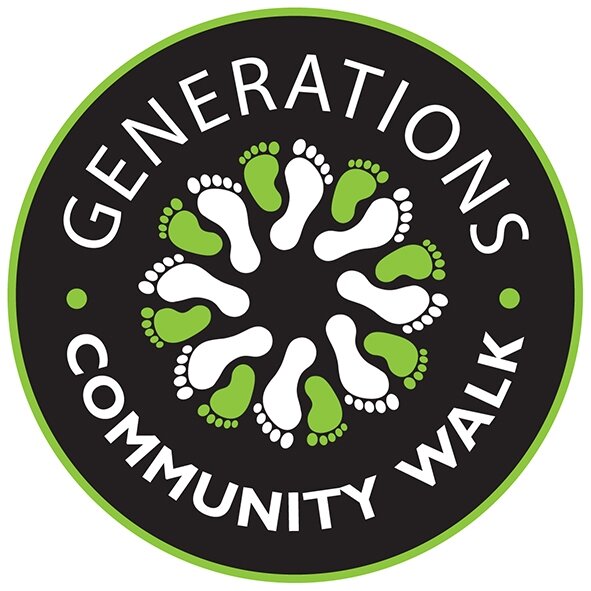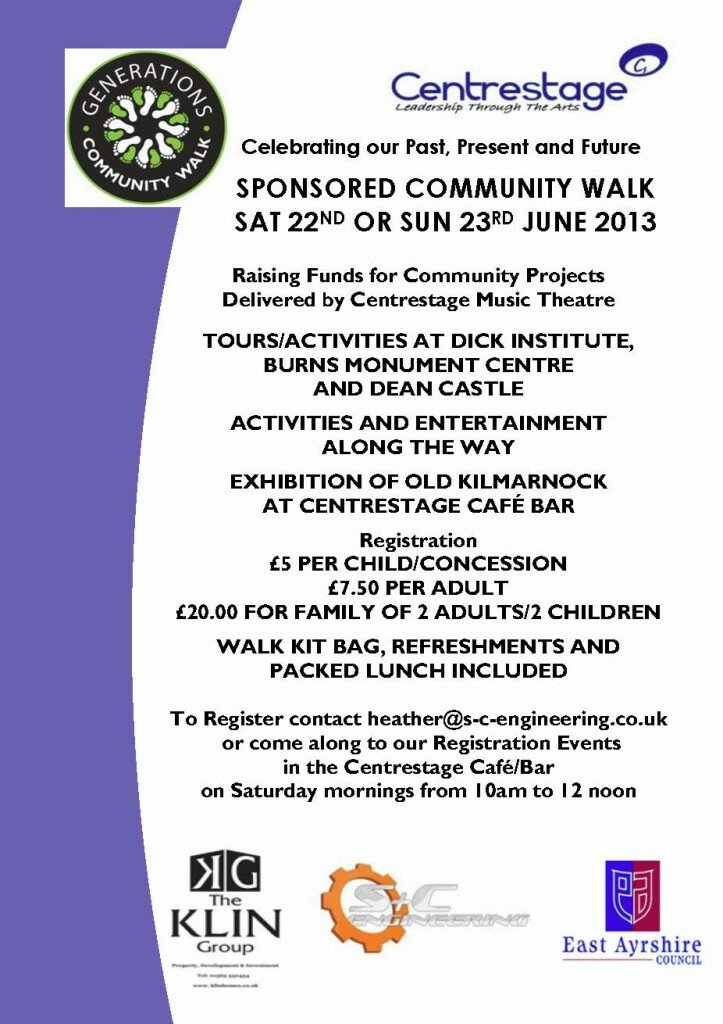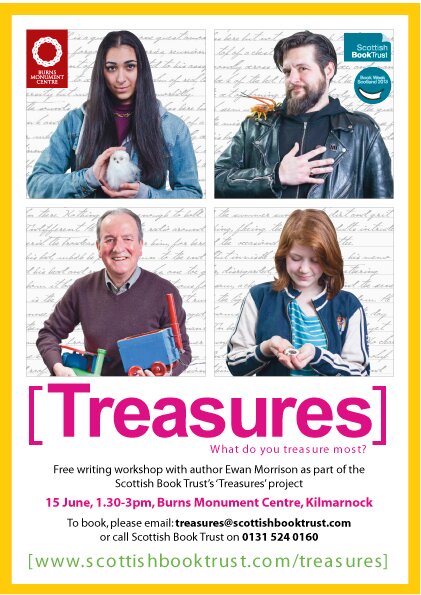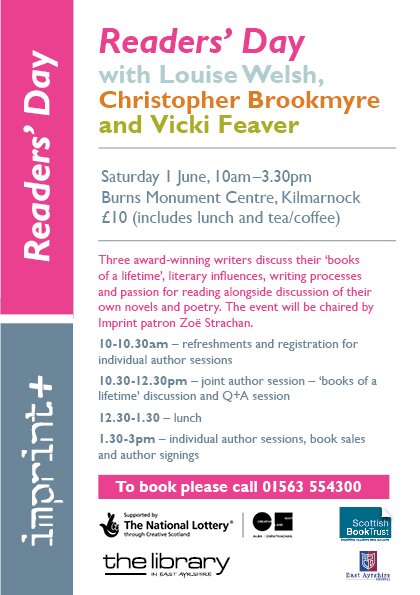We recently held a workshop on Burns and Kilmarnock, lead by Professor Gerard Carruthers of the University of Glasgow’s Centre for Robert Burns Studies and John Burnett, formerly of National Museums of Scotland (both pictured below consulting the Laigh Kirk Session Minutes of the 1780s).
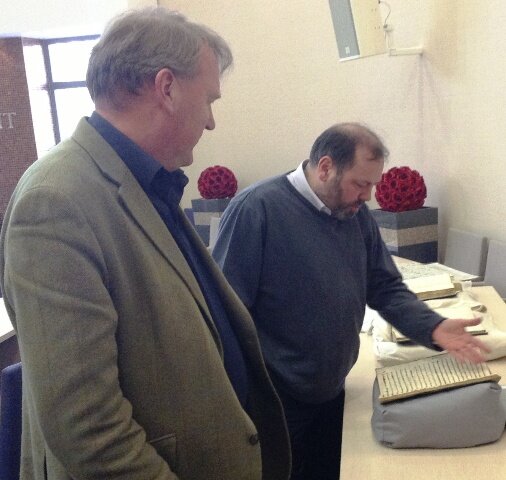
It was great to have such high calibre guests speaking about Robert Burns and Kilmarnock at the town’s Monument, highlighting some very interesting issues and new avenues of research.
Gerard Carruthers spoke about the contrast between the social life of Robert Burns in Kilmarnock, his influential friends and their role in his first publication, and how he portrayed the town in his poems, chiefly ‘The Ordination’. A big part of this portrayal stems from the religious debates of the time, which were often recorded in pamphlets printed locally. Less is written about the key Kilmarnock friends of Burns, e.g. Robert Muir, Tam Samson, and John Goldie. There seems to be scope to find out more about this inner circle of men, and their role in the town’s cultural, religious and civic life. Professor Carruthers also touched on the subject of Kilmarnock’s post-Burns literature, specifically poems such as this anonymous variation on ‘The Ordination’.
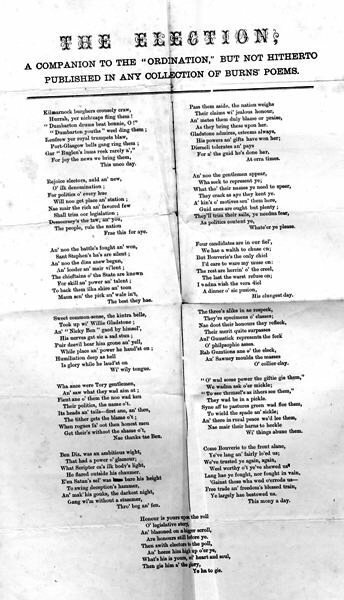
John Burnett focused on how we can find out about the places and people connected to Burns in the 1780s, using church records, Burgh records, published local histories and information on contemporary trades, and how this information can help us understand the poet’s work. He spoke about the work of John Wilson, and the business of printers and stationers in the late 18th century. Mention was also made of the Kilmarnock bookseller and publisher James Meuros, who played a key role in a national copyright case about reprinting original works, which was an essential part of the trade of printers like Wilson.
The Town Council Minutes show the growth of the town during the 1780s, and also show the shifting power base of the town, from the Earl to the Council. The Kirk Session records are also vital in establishing the moral mood, and provide valuable information on the celebrations and festivals that ordinary people enjoyed.
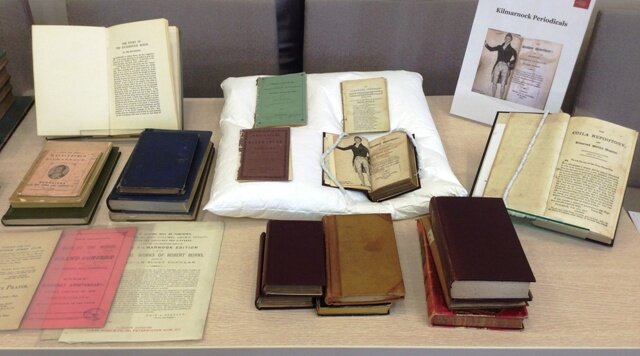
Participants were able to get hands-on access to an exhibit of the Centre’s special collections and archives, from the 1780s in particular and the immediate aftermath. Books printed by John Wilson in Kilmarnock, for example by contemporary poets John Lapraik and David Sillar, and sermons by ministers of Ayrshire, many of whom featured in the poet’s work. Participants were also able to see the books printed by Peter M’Arthur in Kilmarnock in 1780, which are extremely rare. Archive records referred to by John Burnett were also on display, for example the Town Council Minutes and Laigh Kirk Session records of the 1780s.
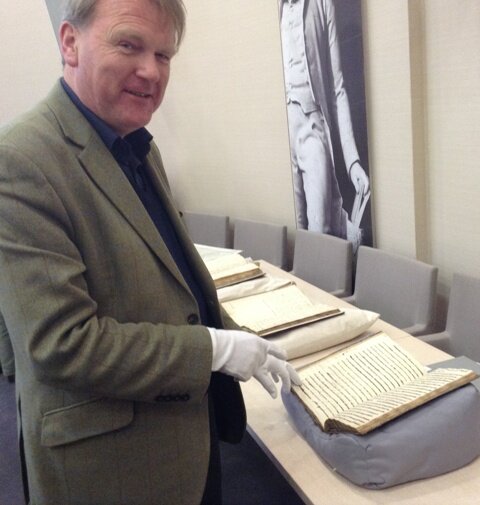
Workshops participants were also able to look at our map collection, from reproductions of Armstrong’s map of Ayrshire (1775), to the maps and plans of Kilmarnock up to the 1850s. Map details such as the various churches, trades, industries, public buildings and inns give us an interesting visual representation of the information found in the records and publications listed above.
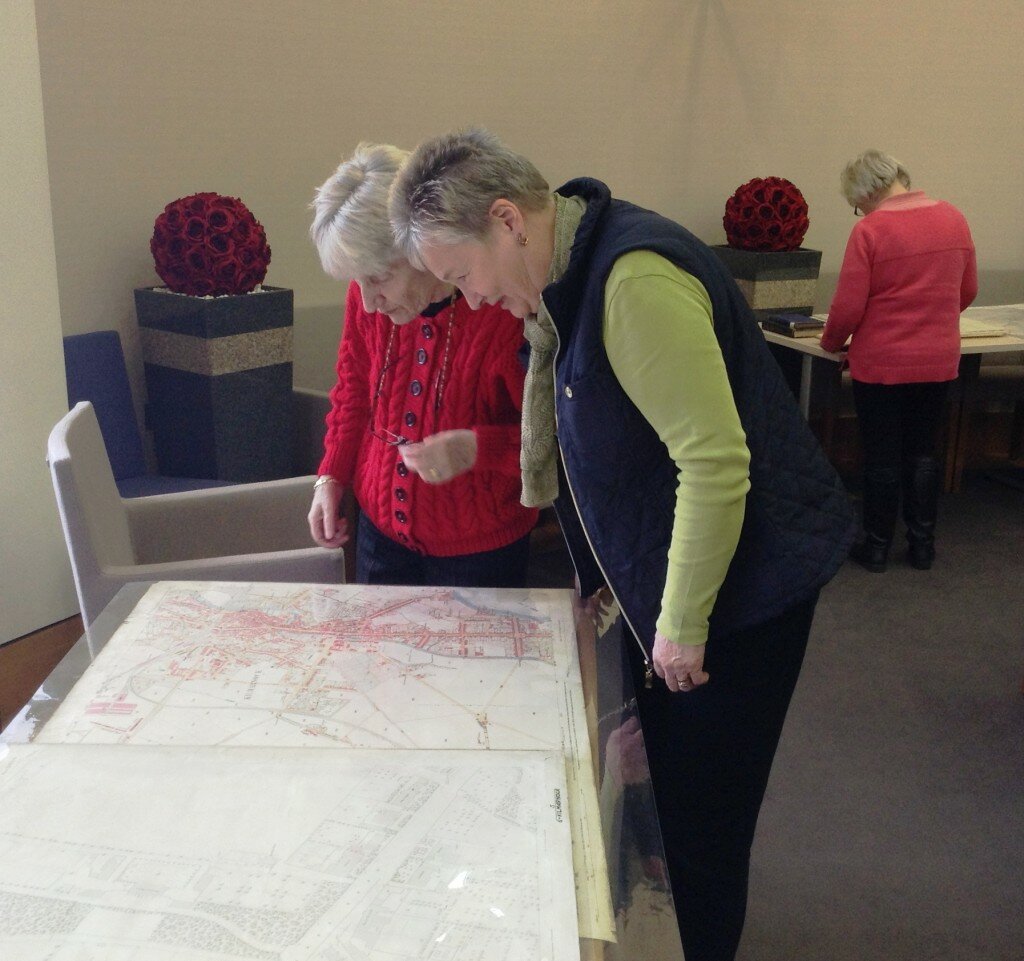
The workshop only hinted at the topic of how Kilmarnock has dealt with Robert Burns since his death in 1796. All were agreed that this is a rich area for research and indeed further events, for example around the work and collections of James McKie, the Kilmarnock Burns Club, 19th century Kilmarnock literature, civic celebrations of Burns (below), and the colourful story of the Kilmarnock Monument.
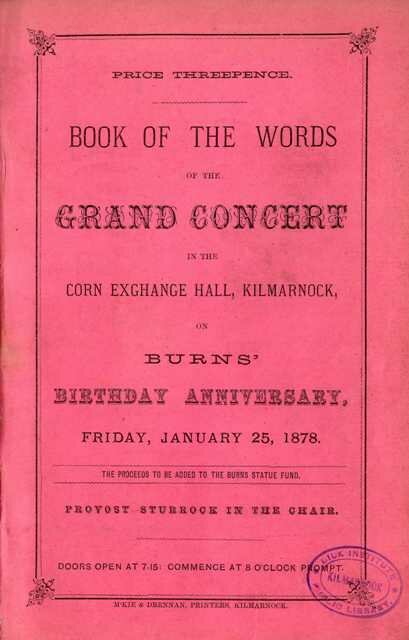
The workshop was kindly supported by Historic Scotland and the Heritage Lottery Fund.

